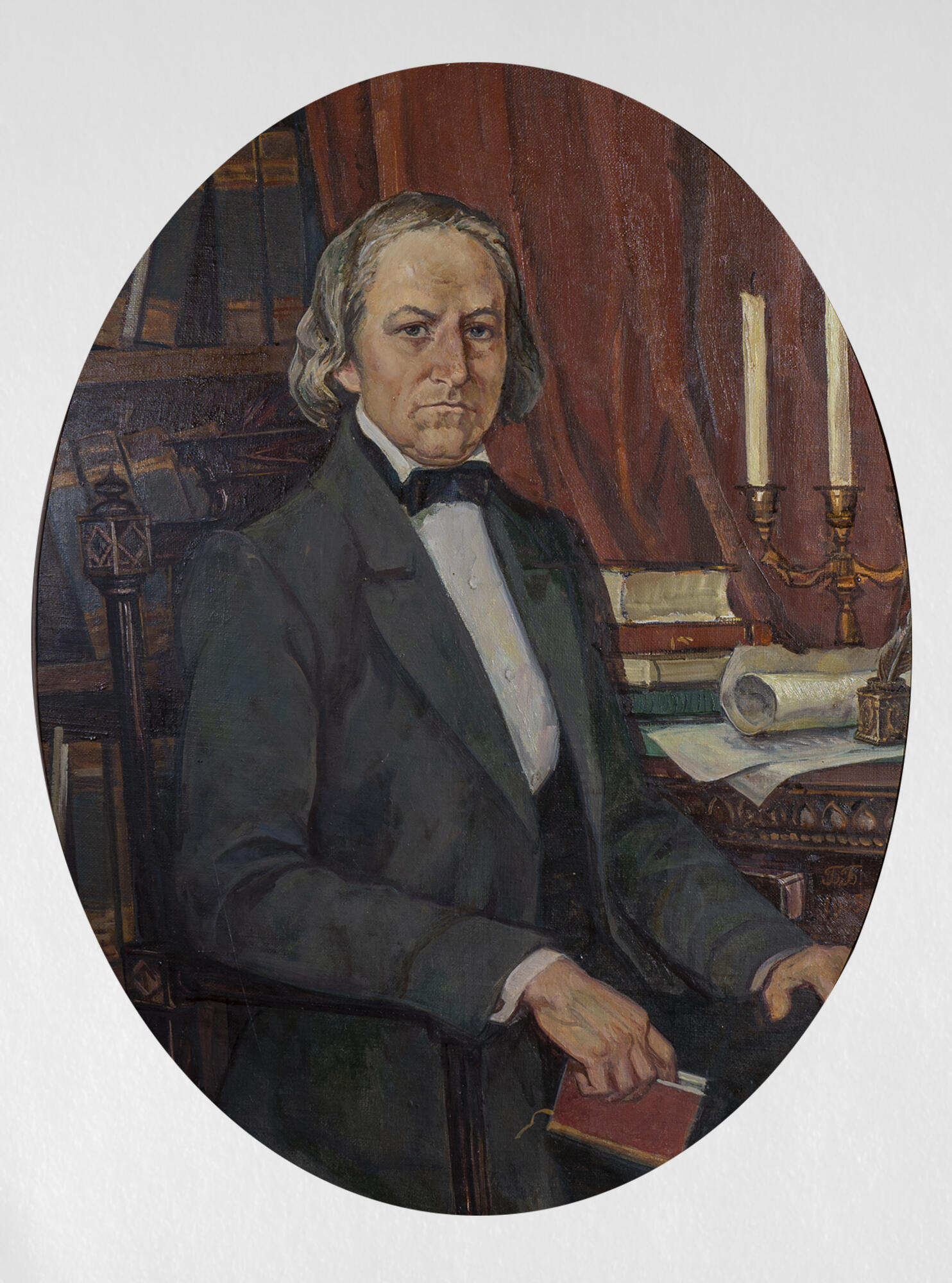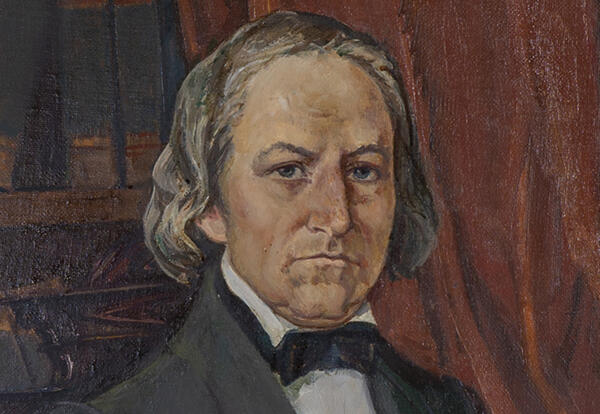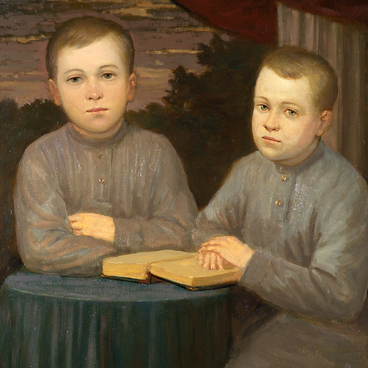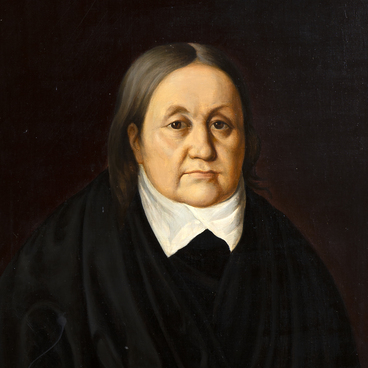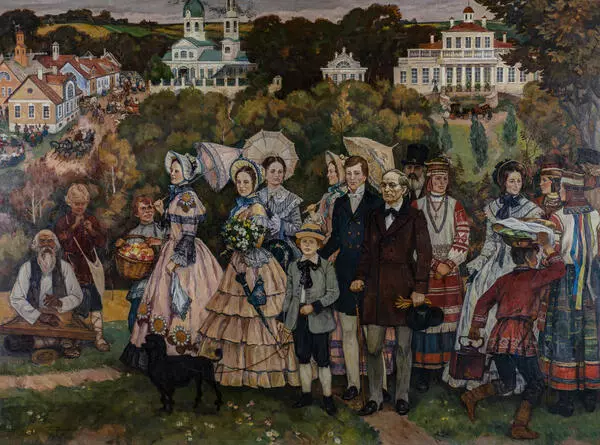Semyon Raich was born into the family of the parish priest Egor Amfiteatrov. He was a teacher, poet, connoisseur and translator of Ancient and Italian poetry. In 1813, Raich was invited as a tutor to the Tyutchev family. He had to prepare the youngest son Fyodor for entering the university. However, the teacher was only 11 years older than his pupil and became more of an older friend than of a strict mentor. The shared passion for literature, knowledge of classical literary writings and constant exchange of opinions contributed to the creative growth of both men.
Raich brilliantly managed his duties. For Tyutchev, he became a storehouse of knowledge that helped the poet to develop his worldview. In particular, thanks to Raich, Tyutchev developed an interest in translating, which he regularly practiced throughout his life. Already at the age of 12, he translated the odes of Horace, and in more mature years, he focused his attention on German poetry.
Tyutchev was not the only brilliant student of Raich, who also had a chance to teach Mikhail Lermontov. But it was the time of tutoring in the Tyutchev family that was cloudless for the teacher. In his ‘Autobiography’ he reminisced, ‘This time was one of the best periods in my life.’ Tyutchev’s first publication also happened with the loyal support of the teacher. In 1819, the translation of the ‘Epistle of Horace to the Maecenas’ by the young poet was published in the ‘Works of the Society of Lovers of Russian Literature’ — Raich, who was a corresponding member of this organization, had helped his student with the publication. Two years later than his student, in 1821, Raich himself made his debut in print, finally publishing his long-term work — the translation of Virgil’s ‘Georgics’.
Fyodor Tyutchev retained respect and gratitude to his teacher for his entire life. In June 1822 they parted — the poet left for Munich, where he served in the Russian diplomatic mission. As a memento, Raich received a Welenius grand piano from his pupil, which eventually became part of the museum collection. Reich’s heirs carefully kept the instrument in the family and donated it to the museum collection in the 1990s.
Raich brilliantly managed his duties. For Tyutchev, he became a storehouse of knowledge that helped the poet to develop his worldview. In particular, thanks to Raich, Tyutchev developed an interest in translating, which he regularly practiced throughout his life. Already at the age of 12, he translated the odes of Horace, and in more mature years, he focused his attention on German poetry.
Tyutchev was not the only brilliant student of Raich, who also had a chance to teach Mikhail Lermontov. But it was the time of tutoring in the Tyutchev family that was cloudless for the teacher. In his ‘Autobiography’ he reminisced, ‘This time was one of the best periods in my life.’ Tyutchev’s first publication also happened with the loyal support of the teacher. In 1819, the translation of the ‘Epistle of Horace to the Maecenas’ by the young poet was published in the ‘Works of the Society of Lovers of Russian Literature’ — Raich, who was a corresponding member of this organization, had helped his student with the publication. Two years later than his student, in 1821, Raich himself made his debut in print, finally publishing his long-term work — the translation of Virgil’s ‘Georgics’.
Fyodor Tyutchev retained respect and gratitude to his teacher for his entire life. In June 1822 they parted — the poet left for Munich, where he served in the Russian diplomatic mission. As a memento, Raich received a Welenius grand piano from his pupil, which eventually became part of the museum collection. Reich’s heirs carefully kept the instrument in the family and donated it to the museum collection in the 1990s.
